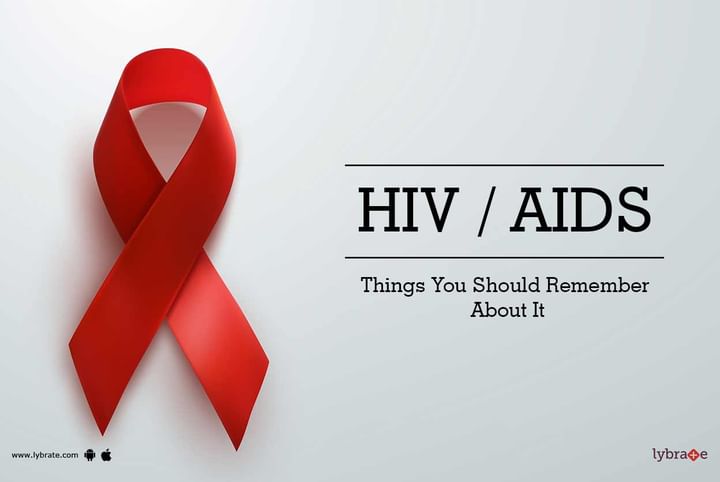HIV / AIDS - Things You Should Remember About It
HIV or Human Immunodeficiency Virus is a type of immune disorder which attacks the immune system of the body and slowly destroys it overtime. The HIV virus targets the immune system and makes the body susceptible to other diseases. HIV infection can progress to AIDS although it may take up to 10 or 12 years to fully go into the last stage.
Risks and Causes
HIV is a communicable disease which spreads through only the following methods
- It can spread from one person to another by means of unprotected sexual intercourse due to the exchange of bodily fluids.
- The virus spreads if you share drug needles with someone who is already contaminated with HIV virus. It can also occur due to improperly trained medical staff that may reuse syringes although this is very uncommon.
- The HIV virus transmits from the mother to the child during pregnancy through the placenta.
- Any exchange of blood in significant amounts such as blood transfusion from a contaminated patient will result in infection as well although this is very rare.
Any other form of contracting the disease such as through kissing or food is a untrue and only propagates due to ignorance.
Symptoms
The initial symptoms of HIV infection are noticed after a few weeks although it can take a few months to come up as well. The initial symptoms may include
1. Severe headache along with intense pain in the muscles and the joints of the body.
2. Frequent appearances of rashes
3. inflation of the lymph nodes
4. Itchy skin
5. Disorders which stay for sustained periods such as an upset stomach or a cold.
The early symptoms disappear within 2 to 3 weeks without any treatment. The later symptoms might appear after few years (sometimes up to or more than a decade), which will stay. This is usually the time HIV is diagnosed. The symptoms now may also include
1. severe muscle fatigue
2. severe loss in body weight,
3. High fever and recurrent instances of sweating at the night time.
HIV is suspected if the later symptoms tend to last for a long time without any other diagnosable cause.
Treatment
HIV can be treated by means of antiretroviral therapy which reduces the rate at which the virus multiplies. However, there is no cure for HIV as of yet.
Prevention
In order to prevent yourself from getting HIV, you should adopt the following precautionary measures:
1. You should use protection every time when engaging in sexual intercourse and if you are unsure of your partner’s HIV status.
2. You should use new blades in barbershops for shaving purposes in order to prevent yourself from HIV as well
3. If you are diagnosed with HIV/AIDS while you are pregnant, to prevent spreading it to your unborn baby, you might immediately need undergo a medical check-up and follow the doctor’s advice.
4. Ensure that disposable syringes are used whenever they are being use for medical tests or treatments.



+1.svg)
